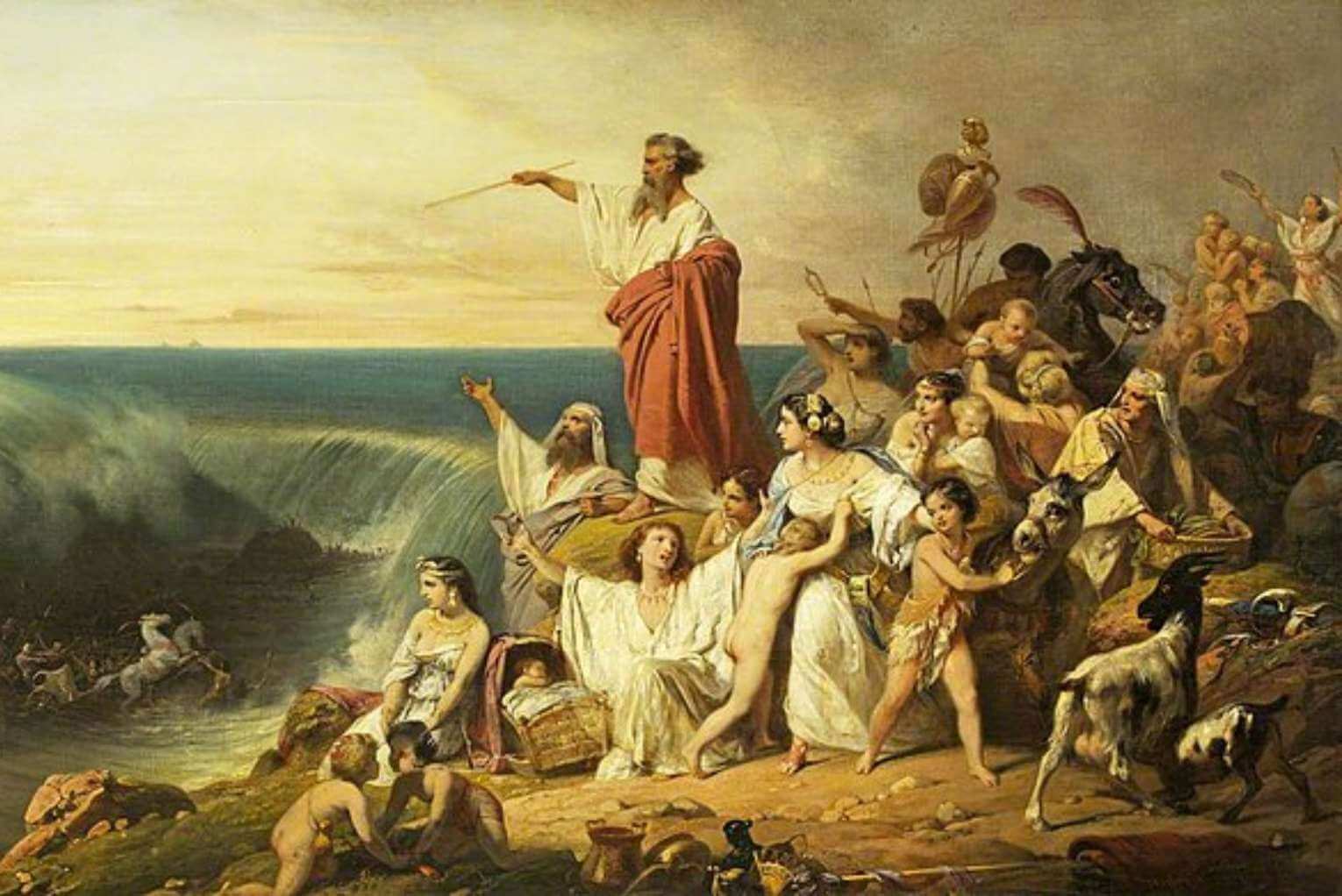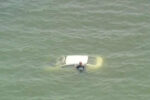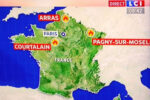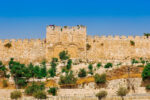We all know there are many spiritual lessons we can learn from what is written about biblical heroes, such as Abraham, Moses and David. Entire books have been written to share lessons we can learn from reading what was written about Moses as he parted the Red Sea or from what was written about David as he slew Goliath.
What many don’t know is that there are valuable lessons we can learn from what was not written in these stories. I would like to share one of those extremely important unwritten lessons with you.
We often miss these unwritten but encouraging words in the Bible because we get lost in the stories of the heroes, or sometimes villains, within the text. However, there are many unwritten teachings within many of the most powerful narratives that we read in the Bible, lessons G-D placed as encouraging reminders to every person who would ever either hear or read the text of His Word.
The reason we often miss these spiritual hugs from our Father is that we often get so engrossed in what is taking place within the lives of people like Moses and David. We forget that, according to Scripture, everything written down in Scripture about them was written for us, as it says in 2 Timothy 3:16-17 (TLV): “All Scripture is inspired by God and useful for teaching, for reproof, for restoration, and for training in righteousness, so that the person belonging to God may be capable, fully equipped for every good deed.”
In other words, Moses and David didn’t need to read their own stories to be taught, reproofed or trained in righteousness so they could be fully equipped to do the good deeds that were written about them in the Bible. They had already done those good deeds. These events were not written in the Bible for Moses or David; they were written for you and me, people belonging to G-D.
Breaking news, Spirit-filled stories. Subscribe to Charisma on YouTube now!
Once we realize that the stories about Moses and David were not written for them, but for us, we can stop looking at the text just to learn what was written about them and begin to read the text to see why it was written for us. Our goal when we read through the pages of the Bible should be, as we read each word, to ask ourselves, “What is G-D trying to tell me?” Many times, the very things that G-D is trying to tell us through the text are not found in what was written but in what was not. To understand this concept, I want to point out three examples. Each of these examples demonstrates the encouragement of the unwritten.
The first example is Moses as he stood in front of the Red Sea. As we read this text, we focus so strongly on what is happening to and through Moses that we almost forget there are between 1 and 3 million people standing right behind Moses at that moment in time. Yet, G-D only asked Moses to part the sea.
Have you ever thought about this? G-D could have told Moses to part the sea and then hand his staff to Aaron, so that Aaron could part the sea, and then pass the staff to the next person, until all of the millions of people each parted the sea before they walked across the sea.
But G-D didn’t ask anyone except Moses to part the sea. Every other person who crossed the sea that day simply continued to do something they were already doing. They were following Moses towards the promised land, walking on dry ground. G-D, in His infinite wisdom, knew the difference between the experience and relationship that Moses had with Him, and the experience and relationship that the rest of the people had with him, so He only required Moses to part the sea.
After all, Moses had already seen the burning bush, saw the staff turned into a serpent, watched G-D as each plague began and ended, while none of the other people had that same experience or relationship with Him. G-D didn’t ask them to part the sea; G-D only asked them to continue doing what they were doing: Walk on dry ground towards the promised land. Even though Moses was the only one required to part the sea, everyone who was following Moses as He parted the sea participated in the blessing.
Likewise, in the case of David and Goliath, when David stood before Goliath, proclaiming what we read in 1 Samuel 17:45: “Then David said to the Philistine, ‘You are coming to me with a sword, a spear and a javelin, but I am coming to you in the Name of Adonai-Tzva’ot, God of the armies of Israel, whom you have defied.'”
The entire army of Israel, including all of David’s brothers, was standing behind him. But only David was called to stand before Goliath with a sling and five stones. Only David was asked to cast a stone, killing Goliath, and only David took the sword and cut off Goliath’s head. G-D chose only David to stand in front of the army of Israel and defeat Goliath because only David had the experience and relationship with G-D that David, had as we read in 1 Samuel 17:36-37:
“‘Your servant has killed both the lion and the bear, so this uncircumcised Philistine will become like one of them—since he has defied the ranks of the living God.'” Then David said, “‘Adonai, who has delivered me from the paw of the lion and from the paw of the bear, will deliver me from the hand of this Philistine.” ‘Go’ said Saul to David, ‘and may Adonai be with you.'”
Even though only David slew Goliath, all of Israel partook of the victory over the Philistines that followed.
As we read the stories of our heroes, or even the stories of those who are alive today, we must remember this important unwritten but encouraging lesson. G-D did not require all the people who left Egypt to individually part the sea, nor did He require every Israelite soldier to stand before Goliath. Not at all. In fact, G-D purposely prepared only one individual to do each of those things.
The rest of the people with Moses and with David were simply asked to continue doing the things they had been instructed to do and were already doing. It is very possible that G-D will not require you to part the sea or kill the giant, but He will require you to faithfully continue to walk toward your promised land. For most of us, our biblical victories are found within the things not written in the stories of our Bibles.
Join Charisma Magazine Online to follow everything the Holy Spirit is doing around the world!






Leave a Comment
You must be logged in to post a comment.